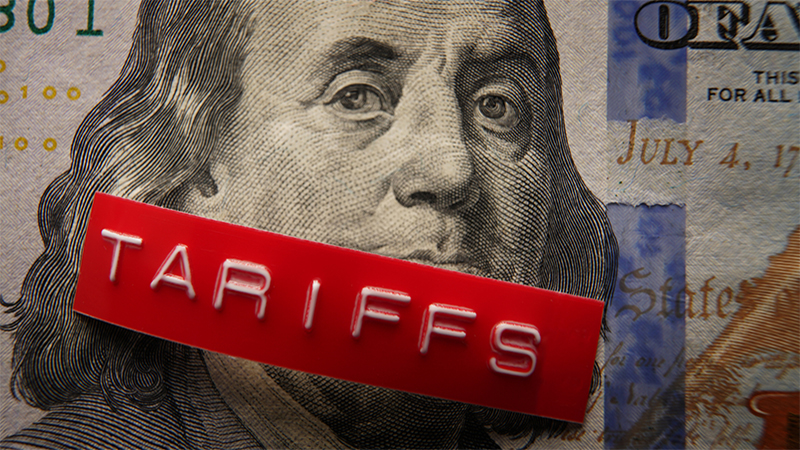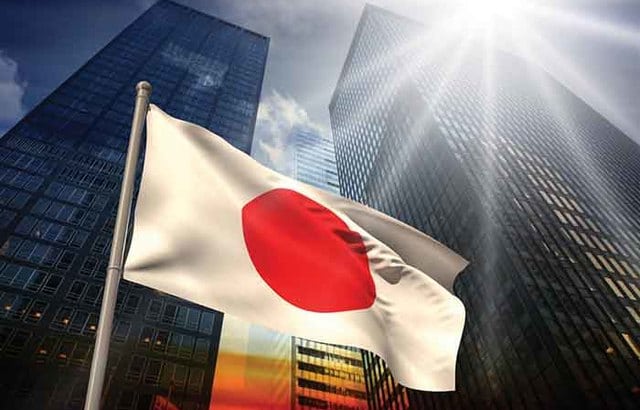However, while many see this outcome as positive for Japanese equities, others are concerned about the implications of a lack of a credible opposition.
Junichi Inoue, head of Japanese equities at Janus Henderson Investors, is in the former camp. He says the result of the election should provide some measure of political stability to Japanese politics, adding that although Abe’s term as president of the LDP concludes in September next year, the result should strengthen his position resulting in a greater opportunity for his re-election.
“We believe this result to be a very positive outcome for Japanese equities,” says Inoue. “The immediate impact will be a decline of risk premium on economic policy, which emerged as the market’s key concern in summer this year.”
Inoue expects Abenomics to remain in place, with the market interpreting the weekend victory as the continuation of the accord between the government and the Bank of Japan.
“BoJ policy is very likely to continue to be accommodative,” he says. “This is particularly important as it implies less risk for unwanted yen appreciation. Going forward, with improved fundamentals as well as political visibility, we think the index should benefit from a rotation into large cap companies with good valuation support.”
The need for opposition
One manager less convinced by the benefits of such a huge victory is Archibald Ciganer, manager of the T Rowe Price Japanese Equity Fund. Speaking before the weekend result, the manager said a strong opposition voice might not necessarily be bad for the country right now.
He said: “Abe is currently pushing forward on revising the country’s pacifist constitution, to fulfil his ambition to reintroduce the Japanese military. Opposition voices are keen for Abe to forgo these efforts and accelerate economic reforms, which in turn would continue to boost the domestic economy and the local equity market.
“Therefore, if we were to witness a weaker majority for Abe and a stronger opposition voice, we would view this as a positive for the overall direction of Japan.”
Alas this did not happen and Russ Mould, investment director at AJ Bell, says Abe’s third straight selection win owes as much to the feeble opposition as it did his own strength.
“Sagging approval ratings for the administration suggest that the Japanese electorate is still far from convinced by the Prime Minister’s ‘Three Arrows’ programme,” says Mould. “Yet financial markets remain in thrall to the three-point programmes laid out when he first took power in December 2012, as the Nikkei 225 index now trades at a two-decade high and it is easy to see why.”
Indeed, Mould notes that in the second quarter of this year Japan racked up its sixth straight period of growth, which is its longest run for a decade and it best sequential rate of improvement for over two years.
“In addition, the Tankan, the major quarterly corporate sentiment survey, offered a 10-year high reading in early October for both large and smaller manufacturers, while the number of firms citing labour shortages reached levels seen since 1992,” he says. “The Nikkei seems to track the Tankan (or vice-versa) pretty slavishly so this should be a good sign.”
Jake Robbins, manager of the Premier Global Alpha Growth Fund, takes the view that Abe’s substantial victory – which keeps him on track of his goal of still being Prime Minister on 24 July 2020 when the Tokyo Olympic Games’ opening ceremony takes place – is reassuring for markets.
“Japanese company earnings have recovered strongly with an improving global economy, but there have also been substantial improvements in corporate governance over the past few years that have made companies far more shareholder-friendly than they have been historically,” Robbins says.
“Recent examples such as Kobe Steel and Nissan aside, most companies now realise that a focus on profitability and shareholder returns is necessary to create the conditions for economic growth and an end to deflation.”
Robbins adds that at the same time, in contrast to many western markets that are now trading at relatively high valuations, the Japanese stock market remains attractively valued with strong growth prospects.
“Further improvements in raising the profitability of Japanese industries would potentially create very attractive returns for investors,” he says. “A stable and business-friendly political backdrop should be just the thing to further the gains that we have seen in Japanese equities so far this year.”










